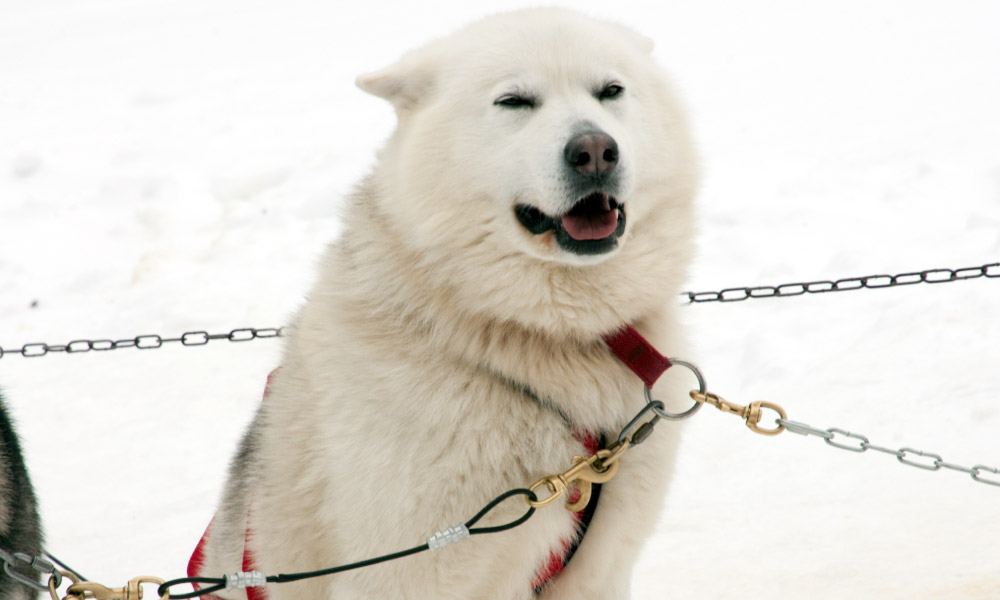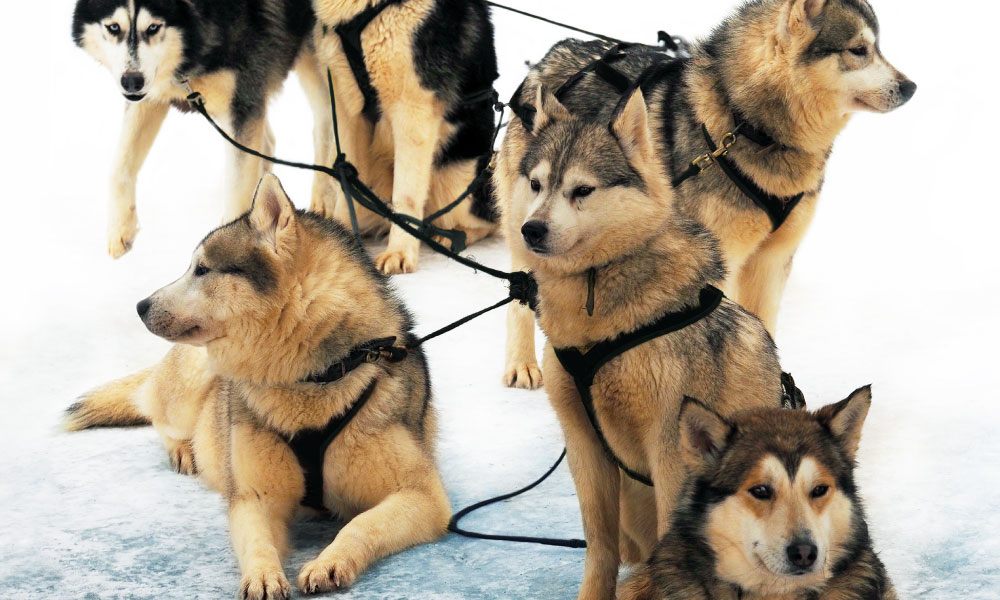
Communications
So much about leadership is driven by the quality of communications at all levels of a business, especially between the leader and the management team. Ironically, people are seldom taught how to manage the quality of their communications. In certain professions, it’s even looked down upon as being too “soft” of a skill.
One of the biggest constraints businesses must face are the cultural norms about how people develop communication skills. Communication skills are often considered soft skills, versus “hard” skills which produce a direct outcome, such expertise about how to fix an IT problem, or how to analyze financial reports. Hard skills are frequently given extensive attention.
To illustrate the point, I was recently asked by my alma mater, Miami University, to come back and speak to students who have English majors about how they can use their major to become successful in business. The paradox of this is that the “hard” skill for English majors is communication. If you can’t successfully communicate – orally and in written form — you’re not thought of as someone who should be graduating with a degree in English!
In complex situations, which define most business interactions, communications must be considered a “hard” skill!
Many English majors are successful people in a variety of careers because they ultimately find that effective communications skills are the keys to the (enterprise) kingdom — yet speaking and writing well are just table stakes for successful executives, who must also possess nuanced emotional and interpersonal skills. Ironically, while interpersonal skill is clearly a requirement for executive advancement, I believe most companies fail to concentrate on these skills in their management development programs.
Let’s look at our dogsledding metaphor for a moment: in dog sledding, the Musher must make sure that each command given to the team has a sound that is different from other commands. In addition, command words must be different from other words that the dogs know, such as the dog’s name, the names of its kennel mates or names of people in the family. “Whoa” and “No” really sound too much alike but they are in such common usage that instead of changing the commands, the Musher changes the way they are said. “Whoa” is low and drawn out, while “No” is said high and sharp. Mushers are deliberate in the ways that they communicate, and further, they work to create a unique catalog of commands so that they are well understood and confusion is minimized.
Equally, Mushers are careful to manage the emotional dimension of their communications as well. The Musher intentionally uses a high and happy tone of voice for “going” commands and to praise the team. They use a low tone and draw out their voice for “slowing” commands. I think it’s interesting how much that same techniques can and do work with people. Ask yourself, do subordinates tend to focus on the content of your message when your voice is raised, and sharp, or when it is calm and your pace is deliberate. Further, which style tends to lend more gravitas to your presence as an executive?
To further the point: Mushers are careful not to use tones of anger or admonishment with their dogs (unless a fight is occurring). Leaders will frequently have to express dissatisfaction with their subordinates, but this represents an important learning opportunity for the subordinate, and a loyalty-building opportunity for the leader. Admonishment for failure or poor performance should always occur in private. This shows the subordinate that, while you are unhappy with his/her performance, you nonetheless respect them as a person. Equally, keeping a level head and avoiding anger and profanity is a demonstration of the leader’s wisdom, self-control, and executive composure. The leader is modeling a behavior that the subordinate finds magnanimous.
Where have you seen interpersonal communications skills (or lack thereof) impact your business, with either a positive or negative result? Were you in a position to provide a coaching lesson to those who failed to treat communications as a hard skill?
New? Start here.
Stay in the Know
Sign-up to get our latest articles delivered right to your Inbox.
"*" indicates required fields




Dave, I can’t wait to share this with my son who is majoring in English at DePaul! I always enjoy your observations and the memory of being one of your dogs!